As part of a panel discussion following an exclusive premiere of The Ripple Effect documentary to St Kilda players and staff last week, Nova Peris OAM shared her thoughts on the importance of Reconciliation Week and how we can all play a role in coming together as one.
I think when you talk about Reconciliation, there’s so much stuff out there that it confuses the hell out of people.
But racism: it’s ignorance, it’s arrogance, it’s all those things combined.
When you’re knocked down with racism, people try to diminish who you are and everything about you.
So what Reconciliation Week is, it’s celebrating, it’s acknowledging, it’s getting out that understanding that our lives have mattered and existed. And we still have to fight.
Come Reconciliation Week, it never stops for us.
We want to be proud Aboriginal people 365 days of the year. In some ways, this week… it’s almost like everyone wants to have a part of you for an entire week. But it’s the rest of the 51 weeks of the year that we’re still saying ‘hey, our lives matter’.
When we all come together it can be a beautiful thing. We saw that at the Sydney Olympics and our culture was celebrated and showcased to the world.
And the world wants to know about Aboriginal Australia. If there could be anything good to come from COVID-19, it would be that Australians are searching their own backyard and are wanting to go up north to Aboriginal history and culture.
When you understand it, we are a beautiful race of people. We are strong, we are resilient, and it’s the positive stories that we want to get out there.
So how do we come together as one?
Well, we are all breathing the same air, we are walking this one country and we all bleed the one red blood. Strip away everything, we are part of the human race and it’s accepting that we are different.
And we have to get along.
It’s understanding that there’s a history that people don’t like.
We can’t get over the past, because the past still lives on in us. Our starting line is way back there – we weren’t treated as citizens, we were whitewashed in our own history, so we’re playing catch-up.
People always say ‘get over it’, but that history is not only our history and our DNA, but it’s everyone’s history.
You can’t sugar-coat it. We have to own our history.
But yes, things are getting better and we have to continue to celebrate that.
If you don’t have hope, we may as well all bury our heads in the sand.
One of the biggest Reconciliation events in this country is through the AFL and it’s just a beautiful thing when you see non-Indigenous players wearing Indigenous jumpers.
It says when you wear that, you’re valuing us, you’re respecting us and you see us, and we haven’t been seen for such a long time.
When we as Aboriginal people achieve, we’re not just achieving for ourselves: we’re achieving for everybody because we want to keep lifting ourselves up.
When we lift ourselves up, it gives us hope for the future generations that they can be lifted up.
When we get up and say ‘enough is enough’, we’re doing it because our parents couldn’t talk. They were told not to talk, so we’re not going to be silent.
And we want everyone not to be silent with us.
If there’s a message, it’s don’t be the silent bystander.
Stand up, because we can’t do it as a three per cent minority. When you elevate us and revalue us with respect, you can see how amazing Aboriginal people are.
That’s what I encourage all people to do.
The Ripple Effect documentary will air on Channel 7 on Saturday 5 June at 10:45pm following the Dreamtime Game between Richmond and Essendon.


